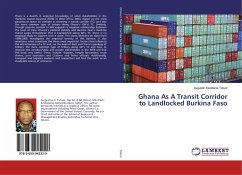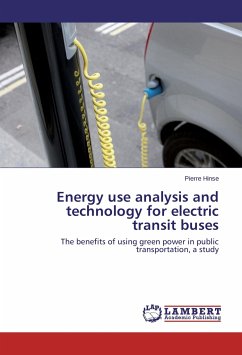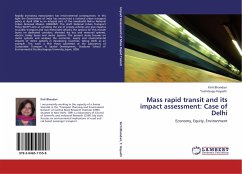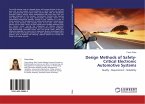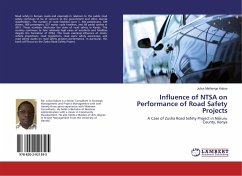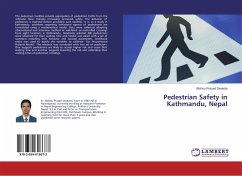There is a dearth in empirical knowledge of what stakeholders in the maritime transit business (MTB) in West Africa (WA) regard as the most paramount factor to consider in choosing a transit corridor (TC) and also the more common type of bribery along Ghana's (GH's) TC. Similarly, though popular opinion in WA suggests a negative relationship between the level of Cote d'Ivoire's political stability and Burkina Faso's maritime transit cargo throughput that is transported along GH's TC, there is no empirical study to support such a claim. This study, drawing on data from 1998-2009, investigates the empirical veracity of this opinion. It also ascertains what constitute the three most important factors that influence the attractiveness of a TC and, on the basis of Dutt and Traca's typology of bribery, the more common type of bribery along GH's TC and how to improve the corridor.Public and private stakeholders in the MTB will find this book very useful. These, include: shippers, freight forwarders, truck drivers, port operators and Customs and Police officials. Additionally, transport and logistics students and researchers will find this work as an invaluable source of reference.

